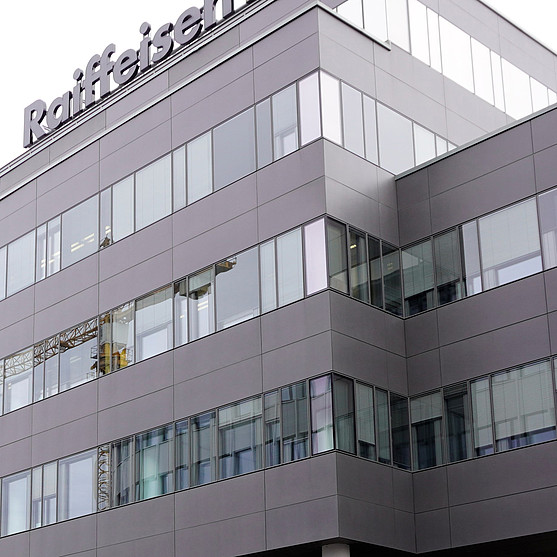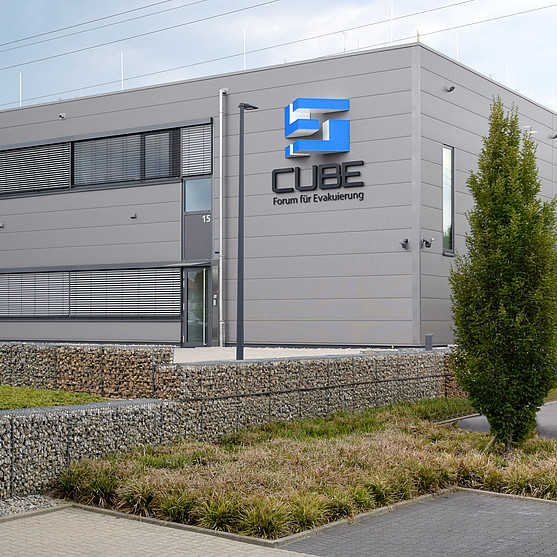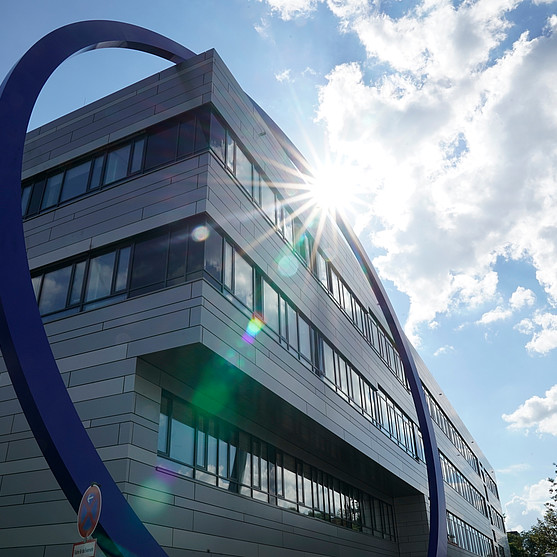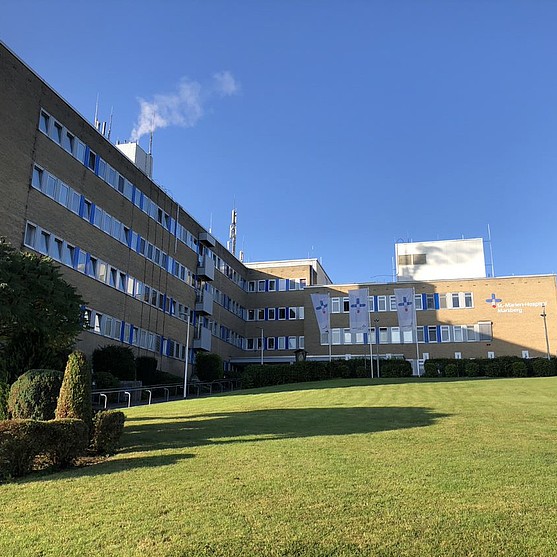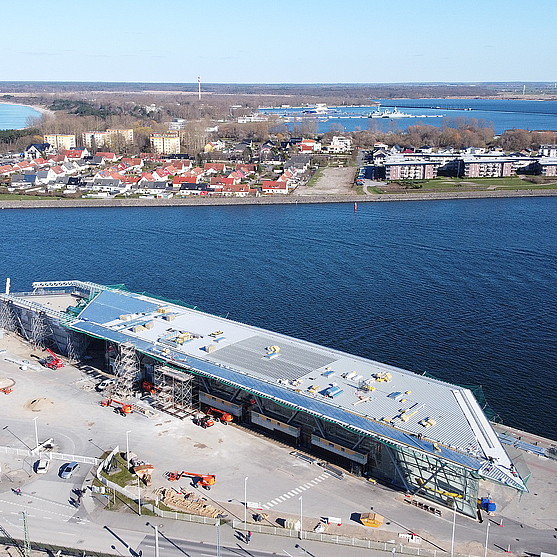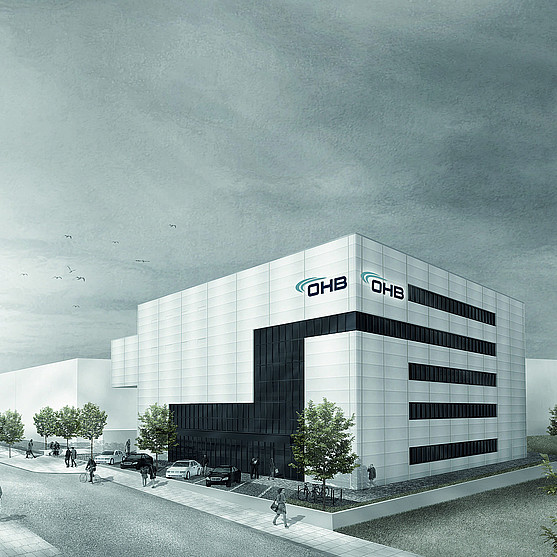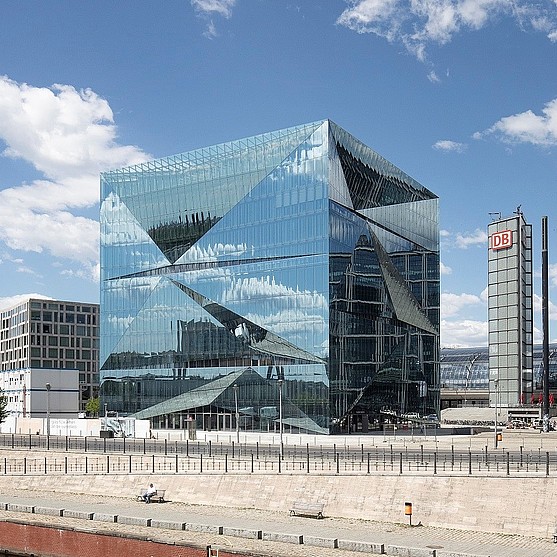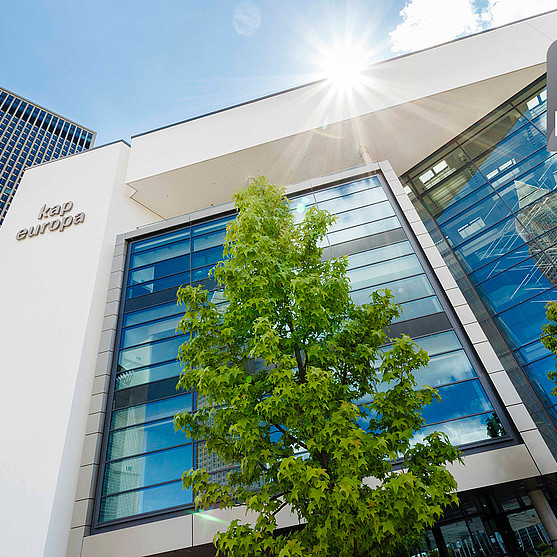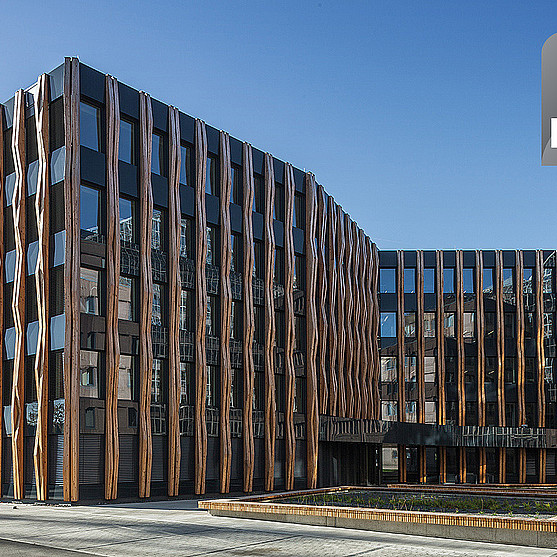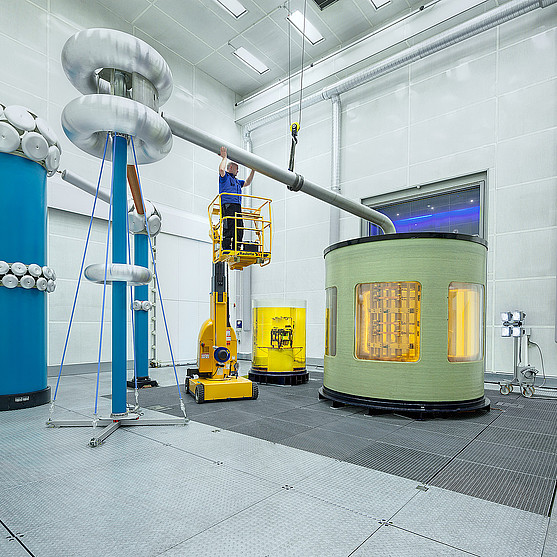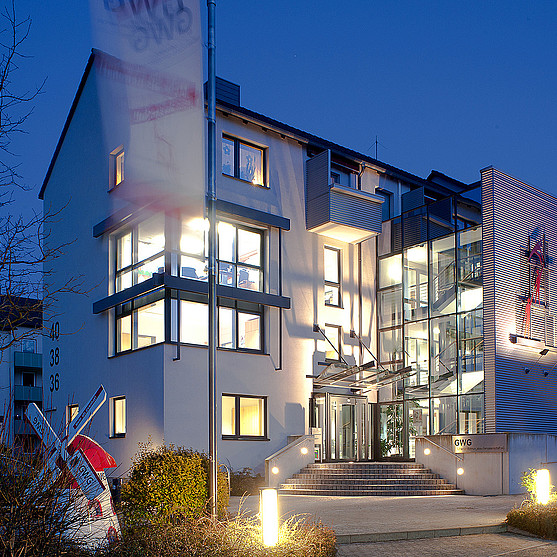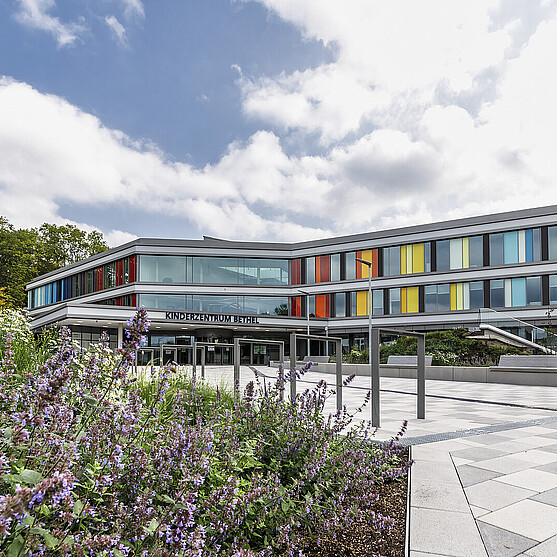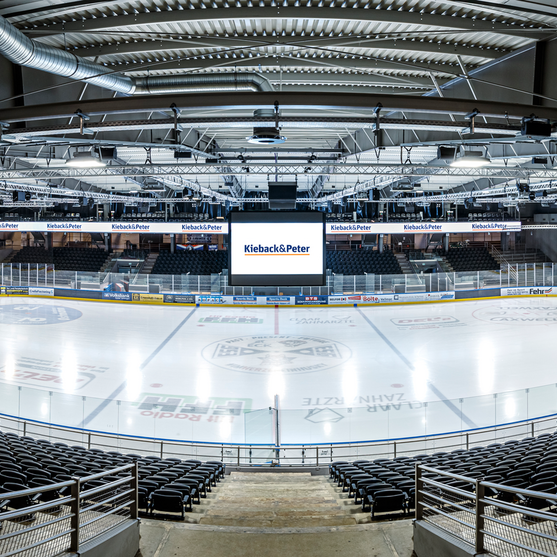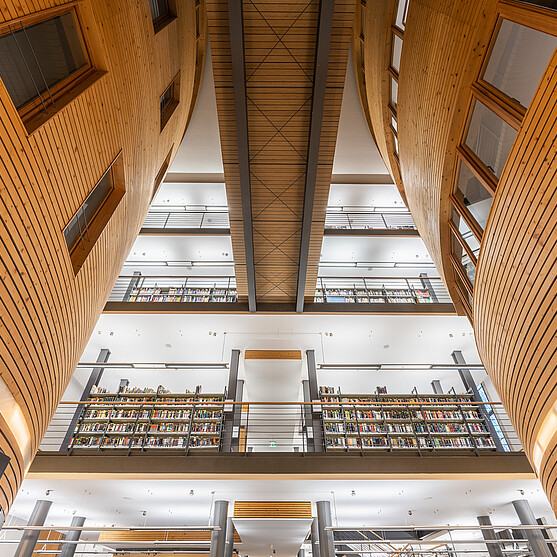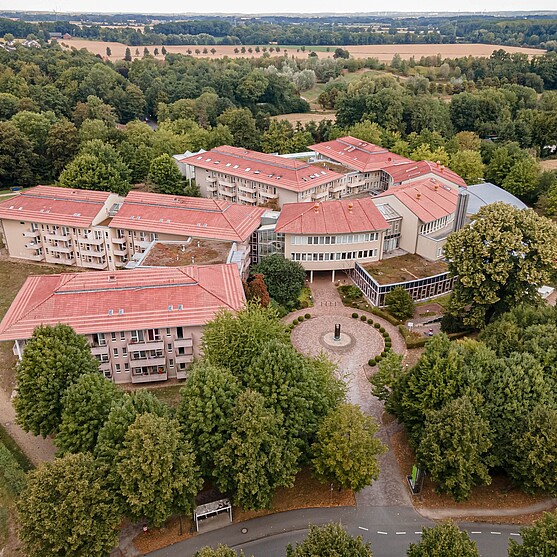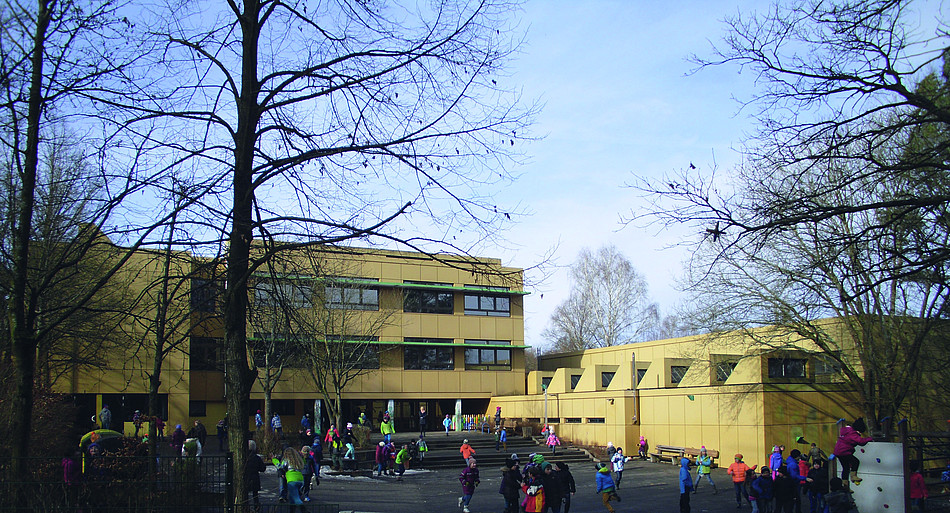
The Grundschule am Heimatring elementary school in Coburg, Germany consumed a large amount of heating energy until 2012. With retrofitted heat insulation, they may have been able to take the issue in hand. However, such a refurbishment is complex, expensive and often does not pay off for decades. With that issue in mind, Kieback&Peter were commissioned to implement a low-investment solution that paid for itself after just one and a half years. This flagship project was awarded with the Bayerischer Umweltpreis (Bavarian environmental award) for 2015.
THE TASK: HEATING ENERGY SAVINGS WITHOUT ANY MAJOR INVESTMENTS
Harald Reissenweber is the man responsible for the upkeep of public buildings in the planning and architecture office (Hochbauamt) of the city of Coburg. The school in Heimatring had previously been something of a problem child because its heating system was consuming a comparatively high amount of energy. The primary reason was that the old concrete building did not have any thermal insulation, which is never wise. However, the people using the school building also had a role in the high heating costs: The teachers and caretakers were supposed to control the heating system manually and turn it down when leaving the classrooms. But during busy schooldays, this task was often forgotten—the heating was frequently only turned down in the evening and sometimes not turned down at all. Since the classrooms are only occupied for a few hours in the day, this small oversight led to an unnecessarily high level of energy consumption.
It did not take long for Harald Reissenweber to identify the potential for savings at the school. He then asked Kieback&Peter to develop an intelligent solution for the heating issue. The efficiency measures were not to cost too much and the investment needed to pay for itself within three years at most—through the heating energy saved. Retrofitted heat insulation was out of the question with the short payback period.
Sven Heilmann from Kieback&Peter Nuremberg accepted the challenge with relish: He wanted to show the city how Kieback&Peter can solve such problems in a simple and effective way. The Coburg planning and architecture office commissioned the company to equip 27 classrooms with a smart heating control system. The success of the measure had to be demonstrated by recording the level of heating energy consumed before and after the measure.
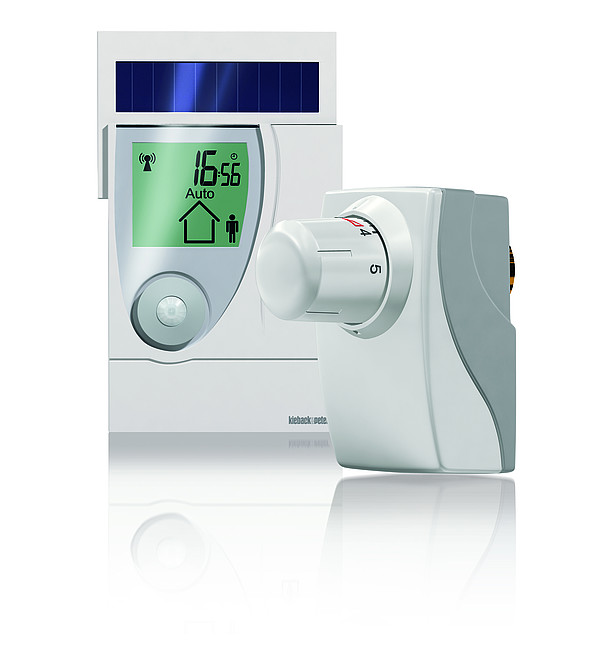
© Kieback&Peter
SMART HEATING CONTROL SYSTEM EN:KEY REDUCES ENERGY CONSUMPTION BY NEARLY 40 PERCENT
The Kieback&Peter team installed the company's own product en:key in all 27 classrooms. The product set is comprised of an intelligent room controller and radio controlled valve controllers. An integrated occupancy detector records when no one is present in the room for longer periods of time. The controller then remotely gives the valve controller the command to reduce the temperature.
The en:key system keeps learning and creates an individual usage profile for each classroom. For larger rooms that only heat up slowly, this feature is a real benefit in terms of comfort: After a brief learning period, the intelligent system knows the times at which the room is used. As a result, it can increase the temperature to the required level in good time before pupils and teachers enter the classroom.
Thanks to the automatic temperature reduction system, en:key saves an average of 20 percent of the heating energy. The Heimatring elementary school bettered that figure considerably: Harald Reissenweber estimates the energy savings in the classrooms to be nearly 40 percent. That amounts to around 16.2 tons less CO² emissions each year–an admirable local contribution to countering climate change.
Another reason to celebrate: The investment did not pay for itself after three years as requested. The efficiency measures had paid off for the City of Coburg within just over a year and a half. That can also be traced back to the comparatively low investment outlay for en:key. Since the system communicates by radio, no cables had to be refitted. Furthermore, en:key operates self-sufficiently: The valve controller uses a thermal generator and the room sensor uses a particularly high-yield solar cell that works even with weak light. There are no empty batteries with en:key, which reduces the risk of failure and maintenance expenses.
Bayerische Landesstiftung (the provincial foundation for the German state of Bavaria) awarded the efficiency project at the Heimatring elementary school with the Bayerischer Umweltpreis (Bavarian environmental award) for 2015. During the award ceremony in the German city of Augsburg, the Bavarian finance minister Markus Söder noted that the project provided an excellent model that reached far beyond Coburg. The award has been presented every year since 1985 for practical and scientific achievements that make a special contribution to conserving and improving the environment.

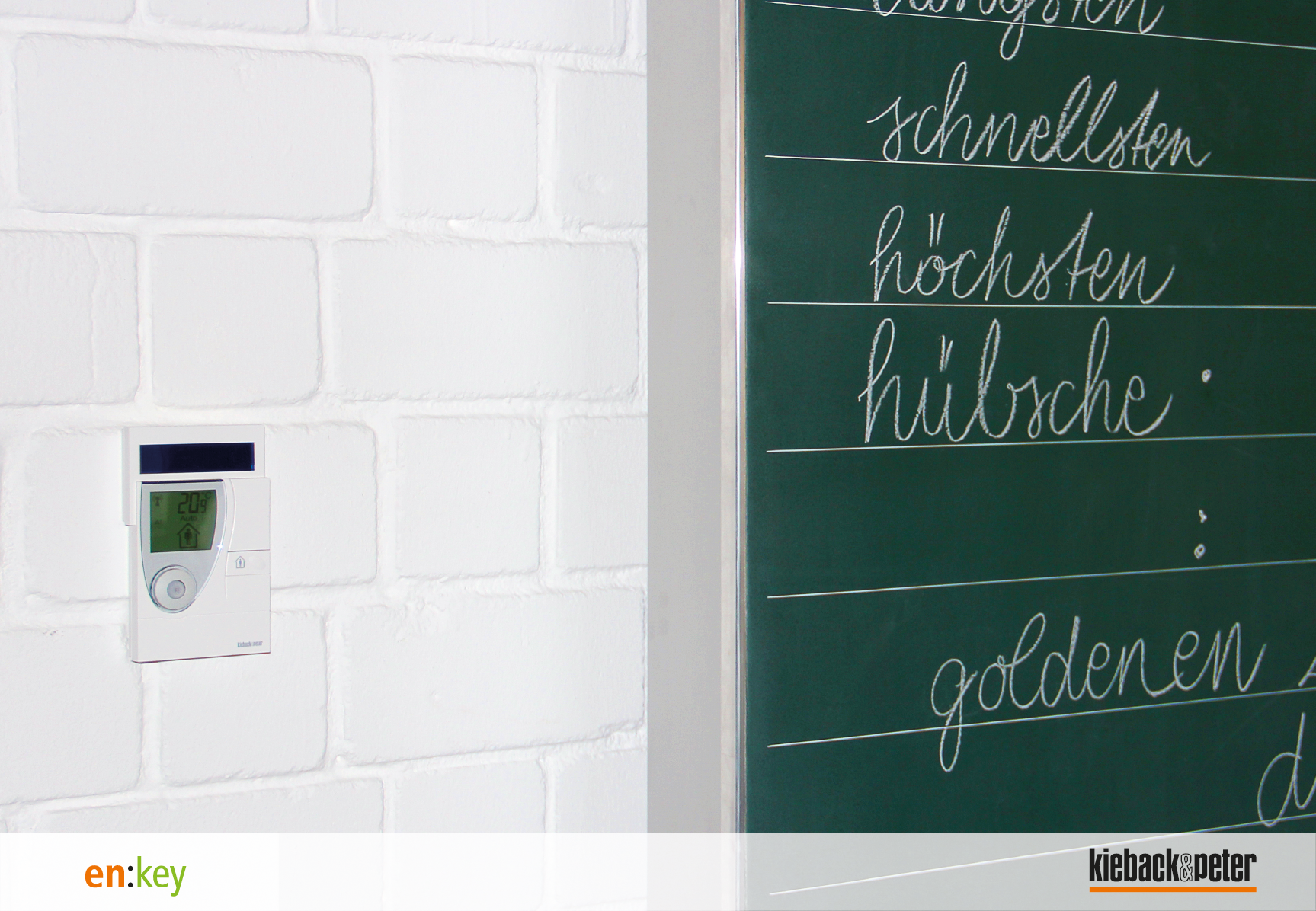
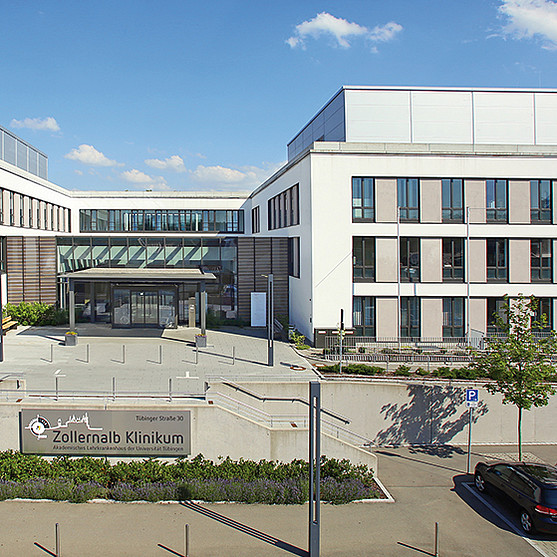
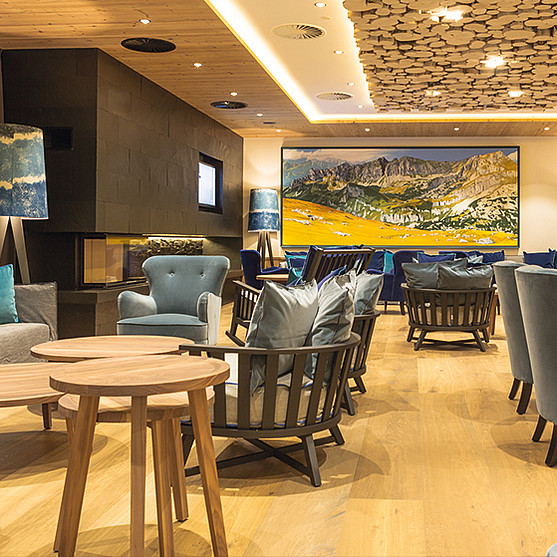
![[Translate to Englisch:] Elbdeck [Translate to Englisch:] Elbdeck Hamburg](/fileadmin/_processed_/9/b/csm_11_Deutschland_Hamburg_Elbdeck_3011f21c3c.jpg)
![[Translate to Englisch:] Qu4drans Paris [Translate to Englisch:] Qu4drans Paris](/fileadmin/_processed_/f/2/csm_Qu4drans_e315f9ef8d.jpg)
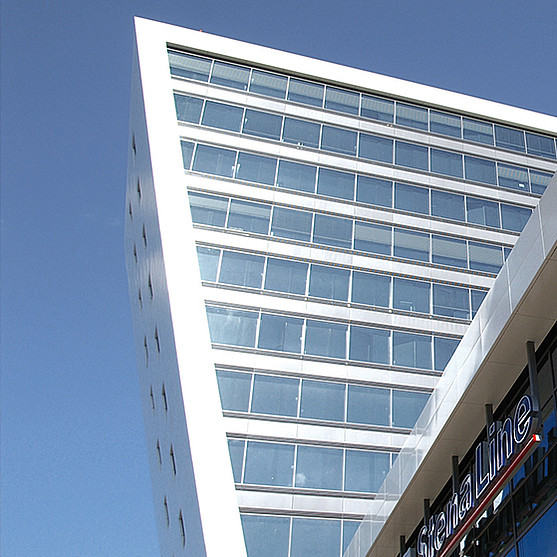
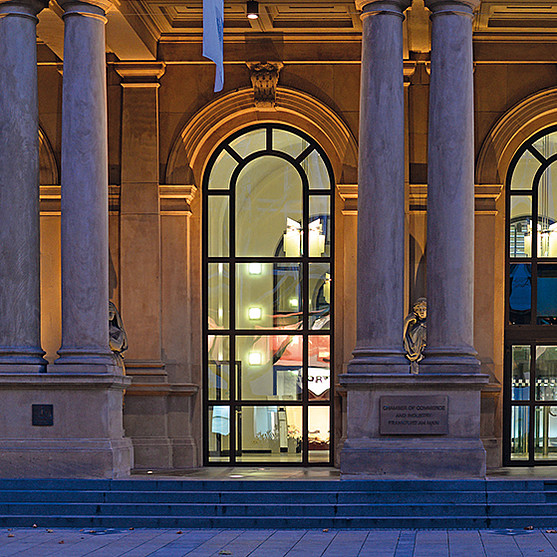
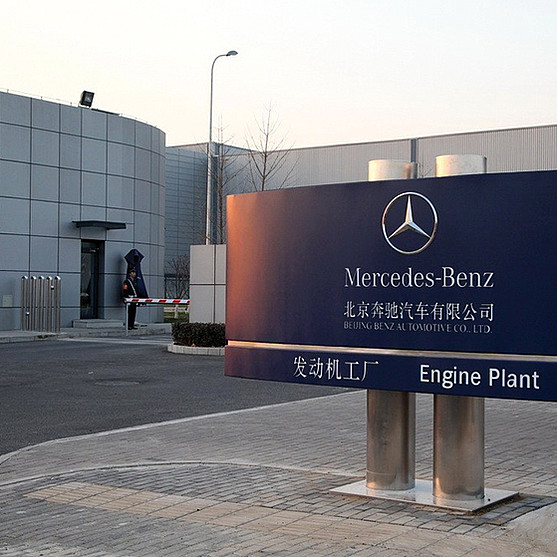
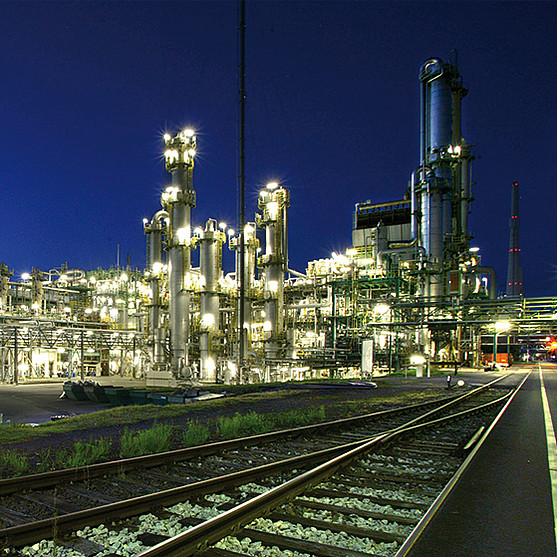
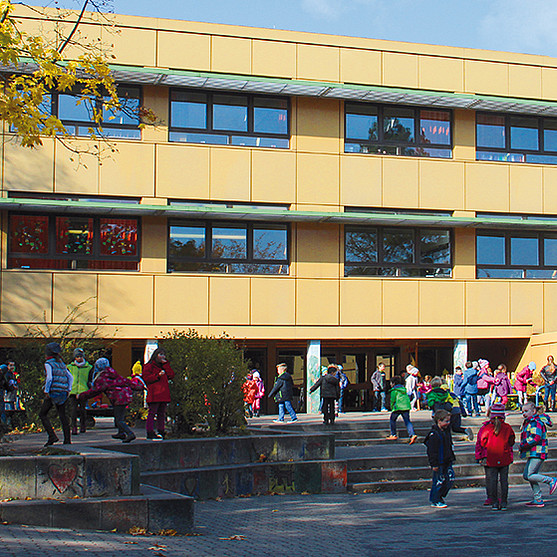
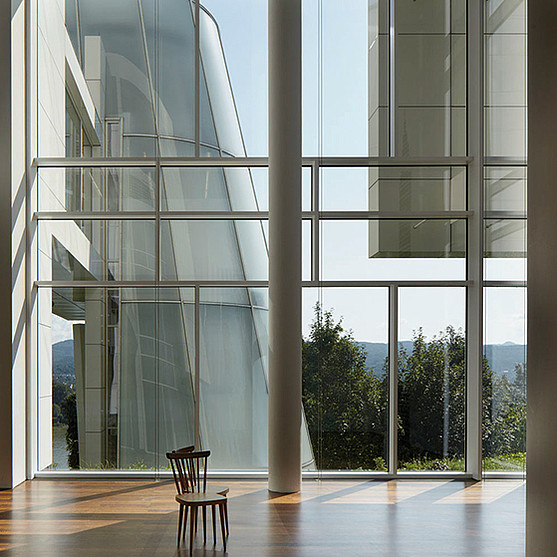
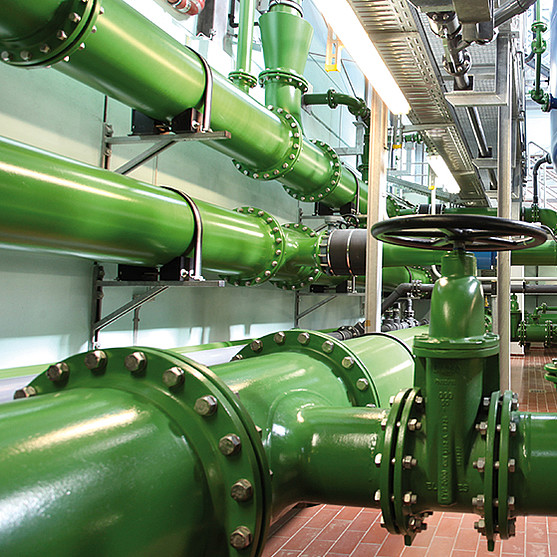
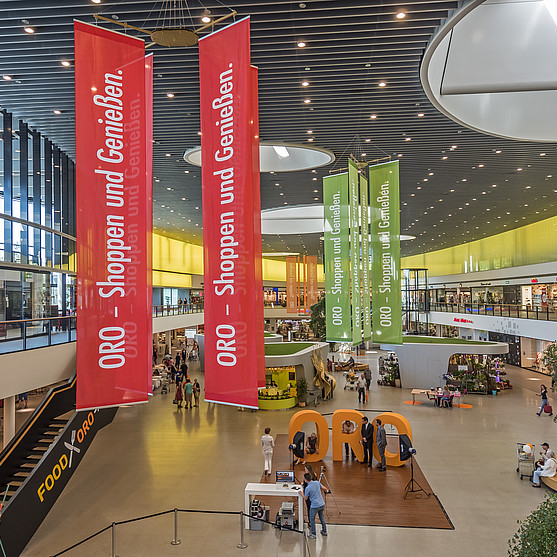
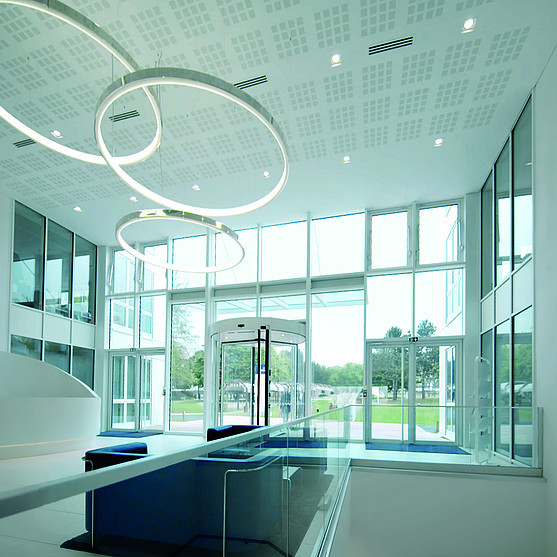
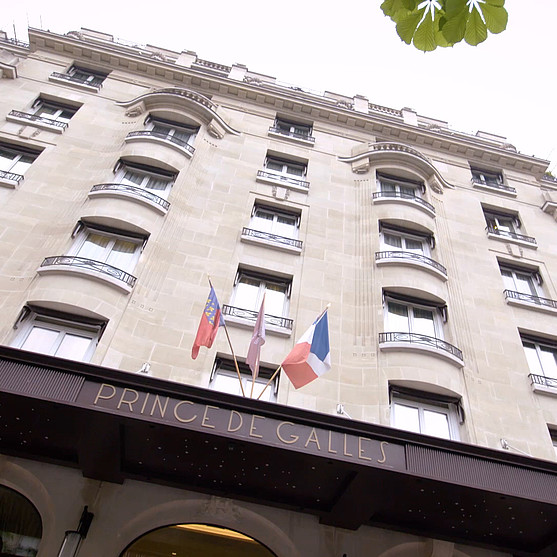

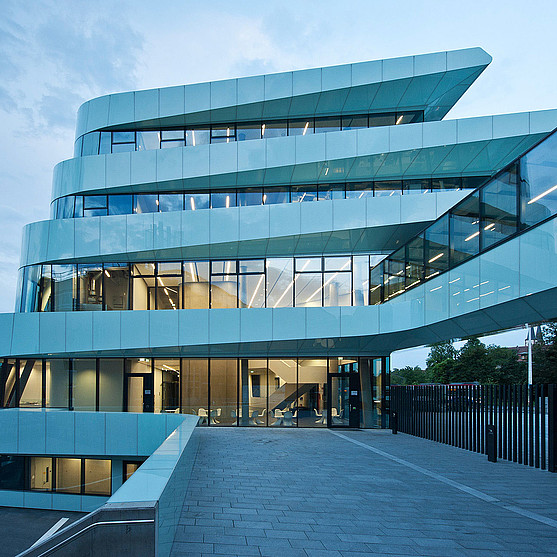
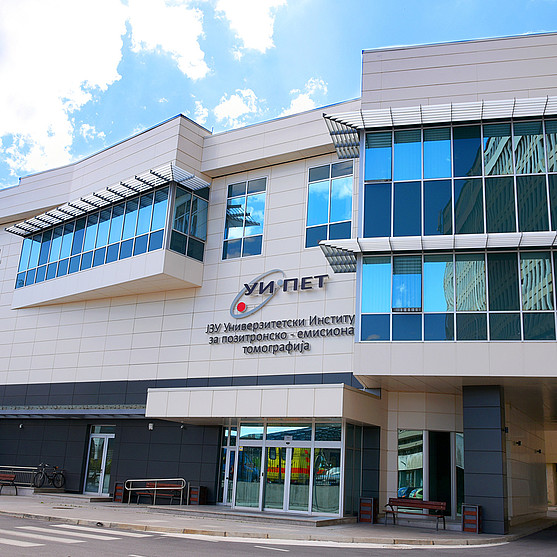
![[Translate to Englisch:] [Translate to Englisch:]](/fileadmin/_processed_/3/d/csm_L_T_Sporthaus_Osnabrueck_Indoor_kieback-peter_d47dda6a97.jpg)
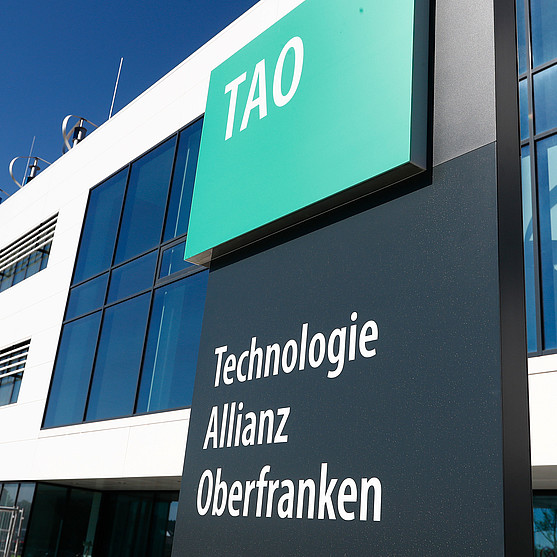
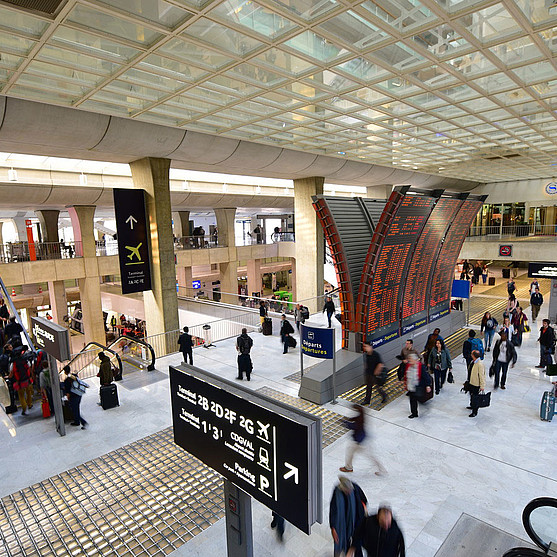
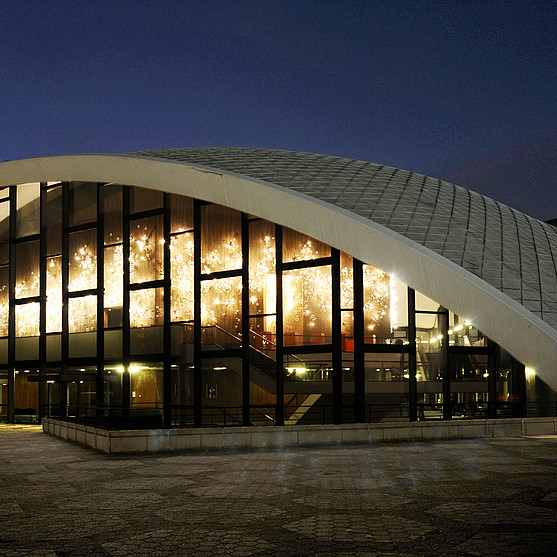
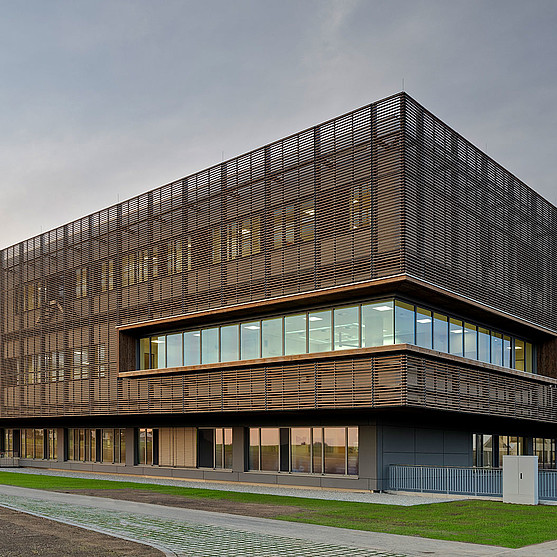
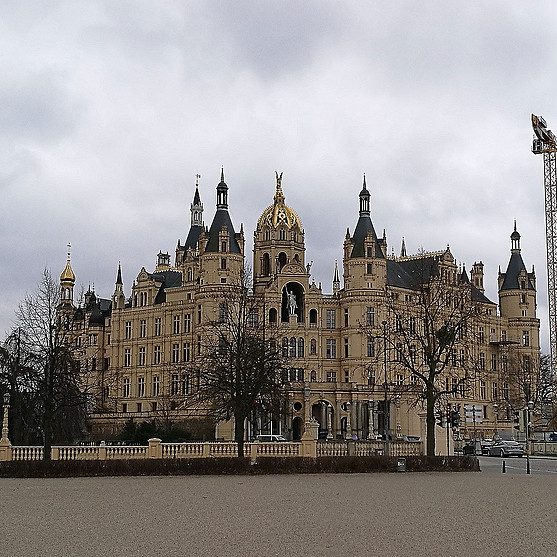
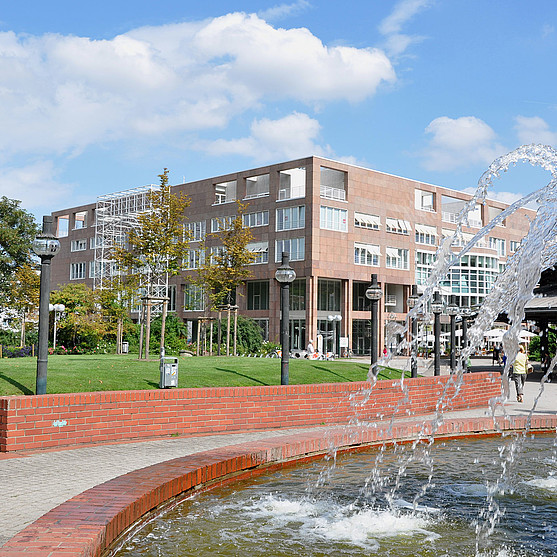
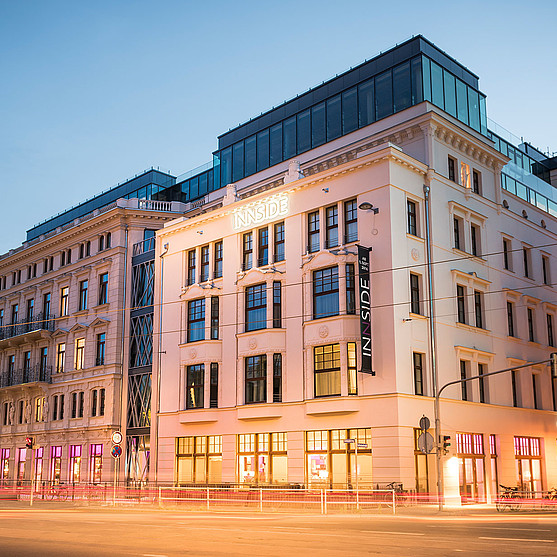
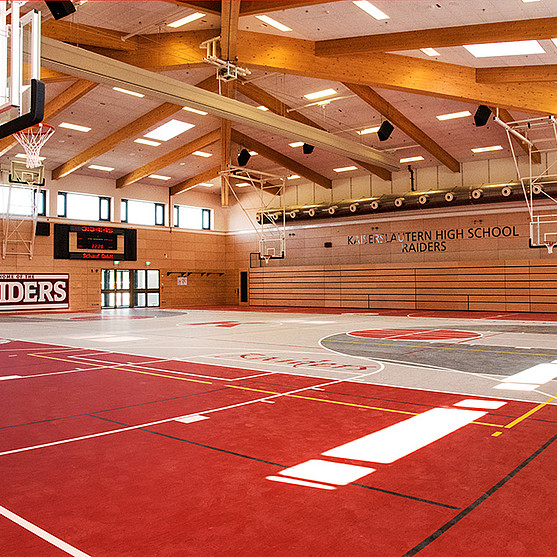
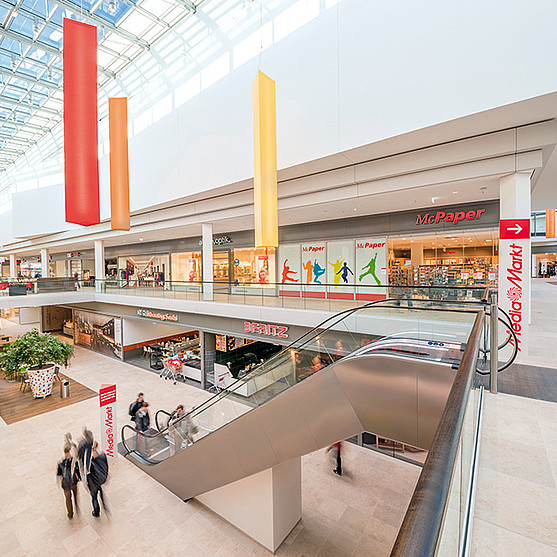
![[Translate to Englisch:] [Translate to Englisch:]](/fileadmin/_processed_/6/f/csm_flevo-krankenhaus-aussenansicht-kieback-peter_7f540b4b4f.jpg)
